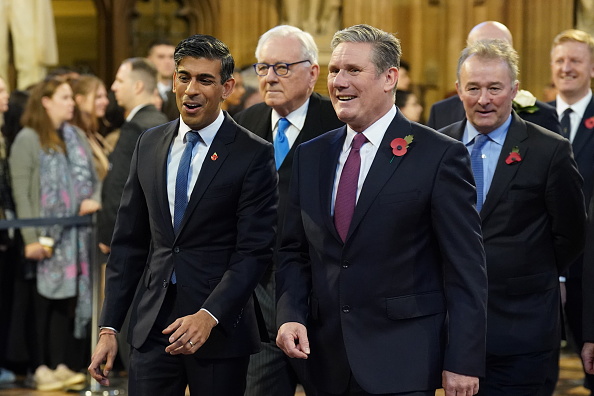Denmark’s government aims to be the second in the world — after New Zealand — to officially set a carbon tax.
Farmers have warned that the measure will annihilate the country’s agri industry, with the proposed tax threatening to rip the centre-left governing coalition apart and revitalise a hard-right that has so far struggled to gain political traction.
On February 21, an expert panel commissioned by the Danish Government and parliamentary parties to explore a carbon tax presented its final report.
The document recommended a levy on agriculture as high as 750 kroner (€100.60) per tonne of emitted CO2 equivalents.
Such a carbon tax will “kill agriculture”, argued Peder Tuborgh, chief executive of Danish dairy company Arla.
He added that all three of the panel’s carbon-tax proposals aim to reduce production, not emissions, and will lead to lost jobs.
A better approach would be “not based on dismantling, but on developing Danish agriculture”, argued Tuborgh.
Putting “a tax on biological processes”, such as cows’ methane-laced emissions, is “an experiment that no one else has tried before”, he said.
Global energy-related emissions of carbon dioxide hit a record high last year, driven partly by increased fossil fuel use in countries where droughts hampered hydropower production, the International Energy Agency. https://t.co/2N1VrqOS3N
— Brussels Signal (@brusselssignal) March 1, 2024
Others have voiced support for the measures, citing them as being necessary if Denmark wants to hit its emission reduction targets.
Peter Birch-Sørensen, one of the report’s authors, said that agriculture will make up 46 per cent of Danish carbon dioxide emissions by 2030 if further efforts are not made to mitigate the sector’s CO2 output.
Council for Green Transition director Bjarke Møller, who backs the tax so Denmark can meet its climate goals, also pointed out that in the past 12 years, some “42 per cent of Denmark’s full-time farmers have disappeared”.
Denmark’s desire to tax carbon is likely to have substantial impacts on the country’s political elite.
The proposed tax may cause particular difficulties for the ruling Venstre party.
Traditionally a party that aimed to court the country’s farmers, the group is less enthusiastic about the tax than its coalition partners, with it having already seen its polling plummet during its time in Government.
Its support now regularly dips below the 10 per cent mark, down from 23 per cent in 2019.
The planned legislation may also offer political opportunity for the Danish Right, which was largely neutralised by Prime Minister Mette Frederiksen up until now thanks to her taking a hard stance against mass migration.
The carbon tax “is a knife at the throat of Danish agriculture”, claimed Inger Støjberg, the Danish Democrats’ leader and a former Venstre cabinet minister.
Should the government opt to move forward with implementing the carbon levy, February’s report argues that it has three viable methods of taxation to choose from.
One model proposes treating farmers like all other businesses, with a carbon tax of 750 kroner per tonne by 2030. Under this model, cattle and dairy farmers would likely cut production by 20 per cent and plant-based farmers by 12 per cent, the report’s authors estimated.
The second model builds in a tax cut that brings the effective tax down to 375 kroner per tonne.
The third describes an exemption for cattle and dairy farmers who, the report’s authors said would be hit hardest by a carbon dioxide tax, allowing them to pay a lower rate of 125 kroner a tonne.
For Tuborgh, none of these are viable options, with the dairy insider instead arguing for a “fourth model, which is not about killing agriculture and shutting down production”.
Joachim Gauck said there is a loss of control at the borders and praised the Danish approach as an example of how the situation should be handled. https://t.co/bMpWF8YV0V
— Brussels Signal (@brusselssignal) September 19, 2023





If mainstream German politics fragments further, would it help the CDU?